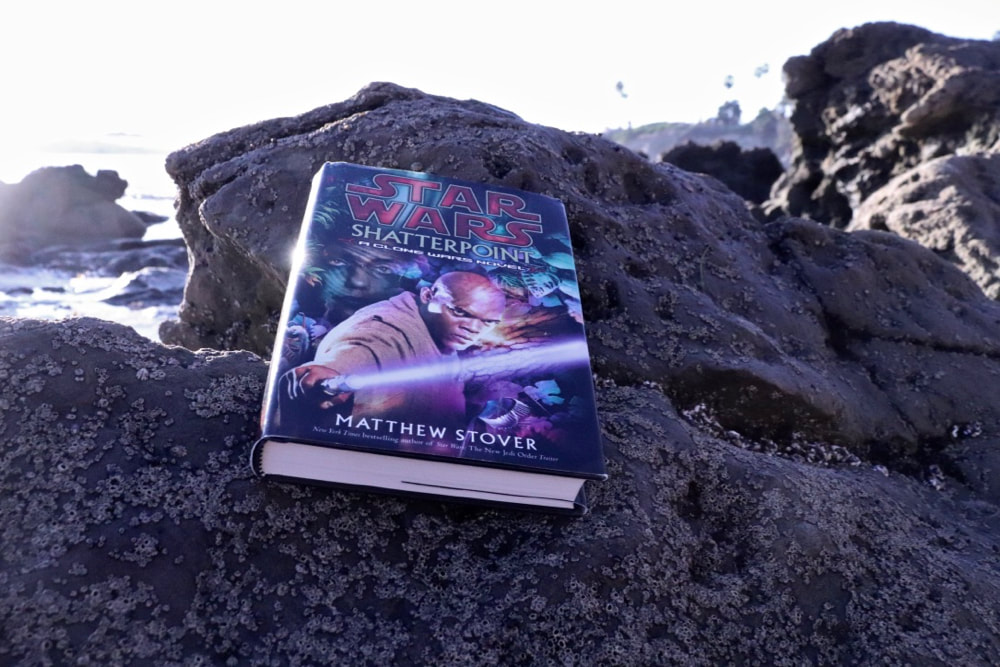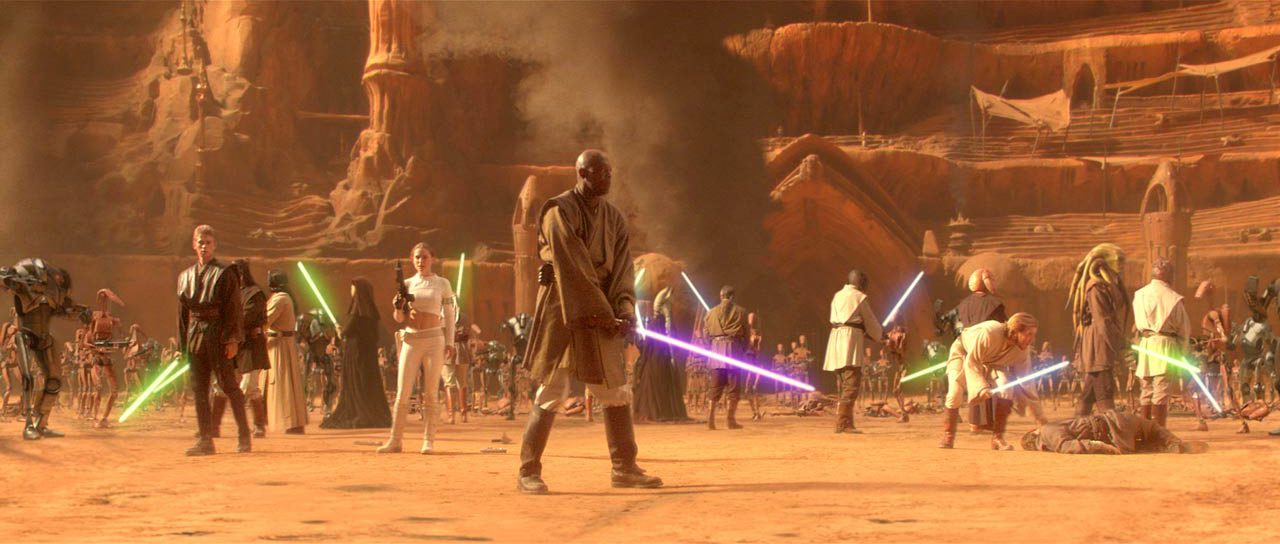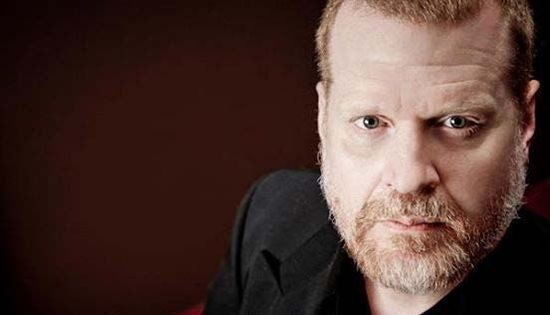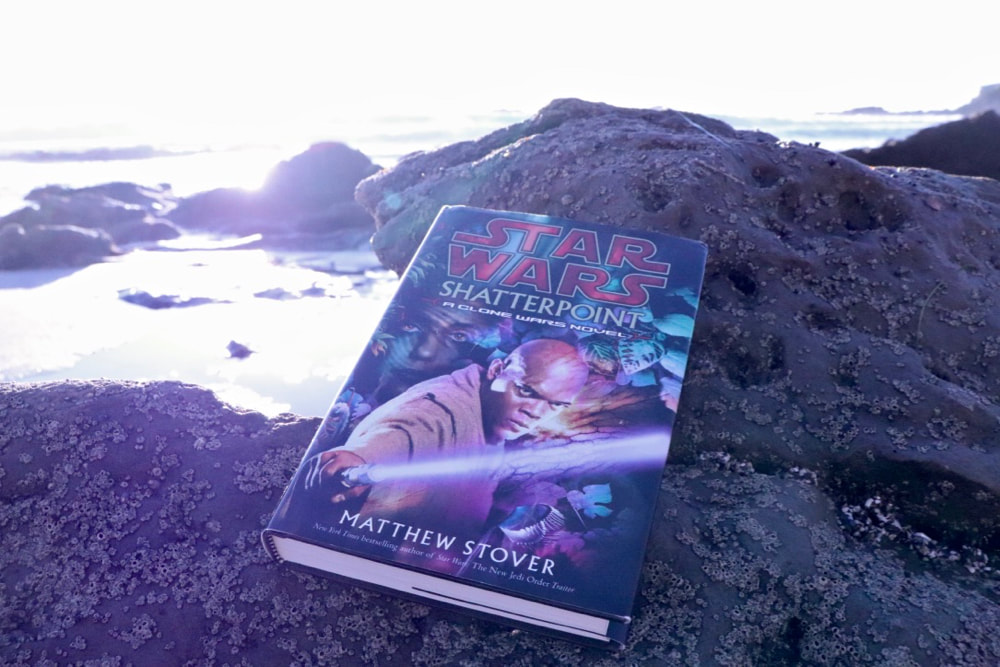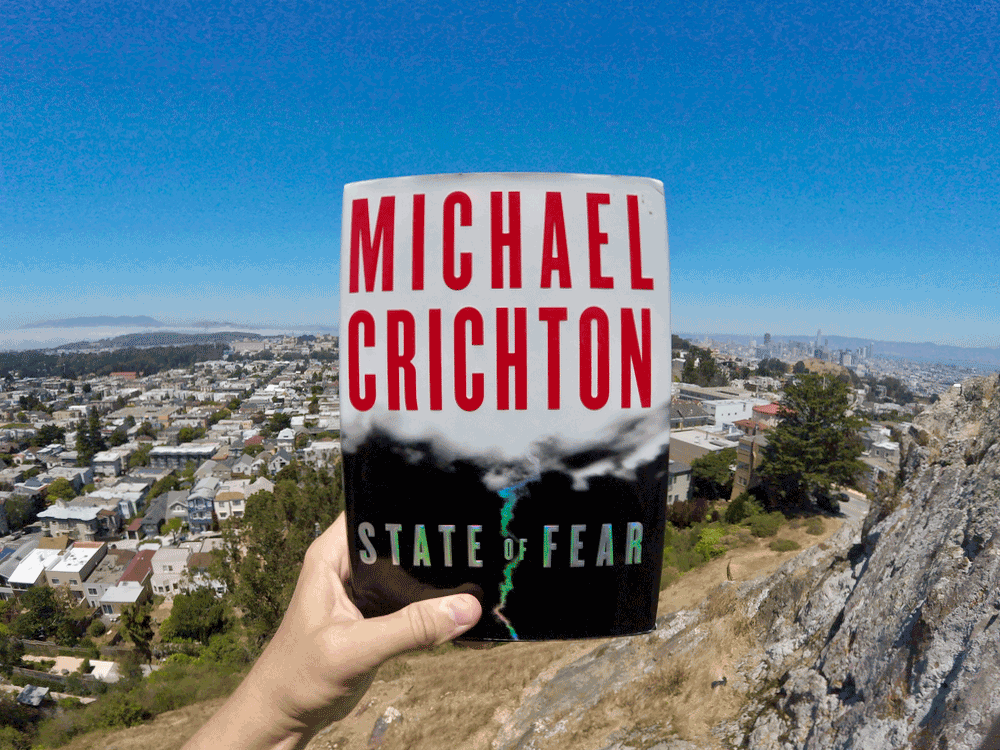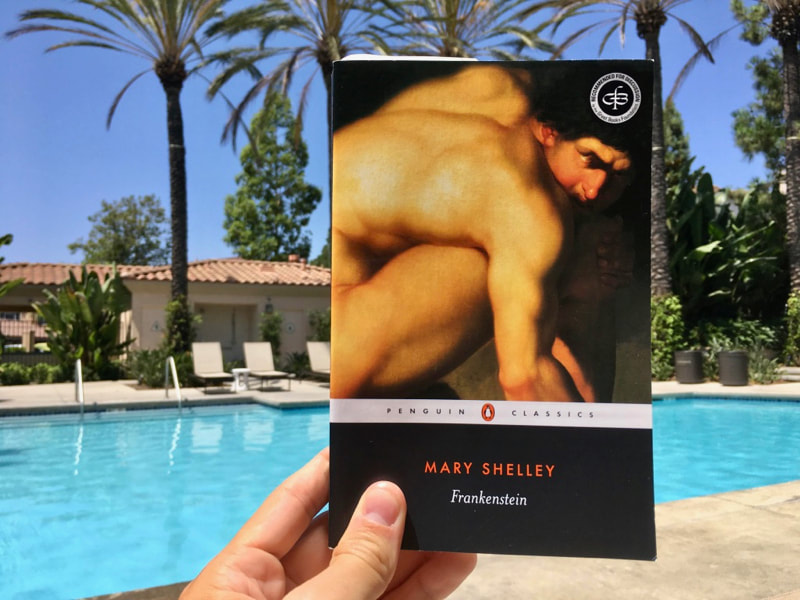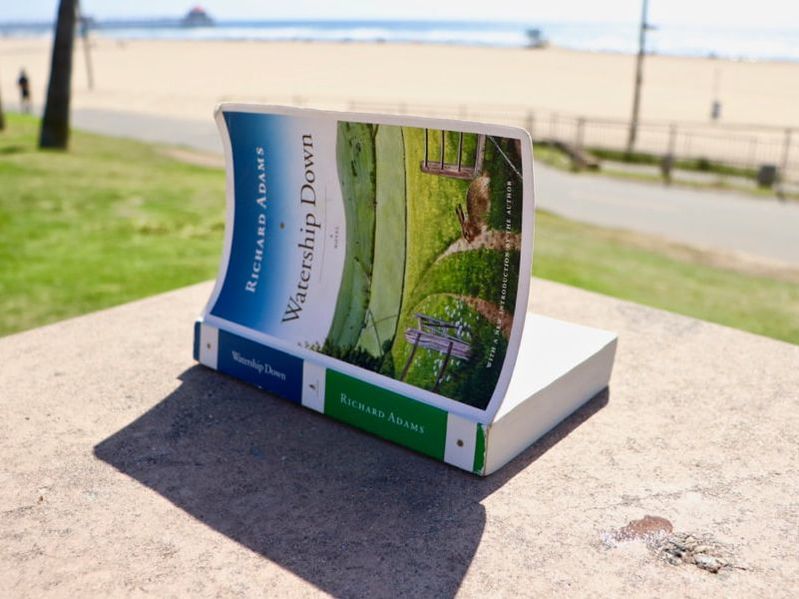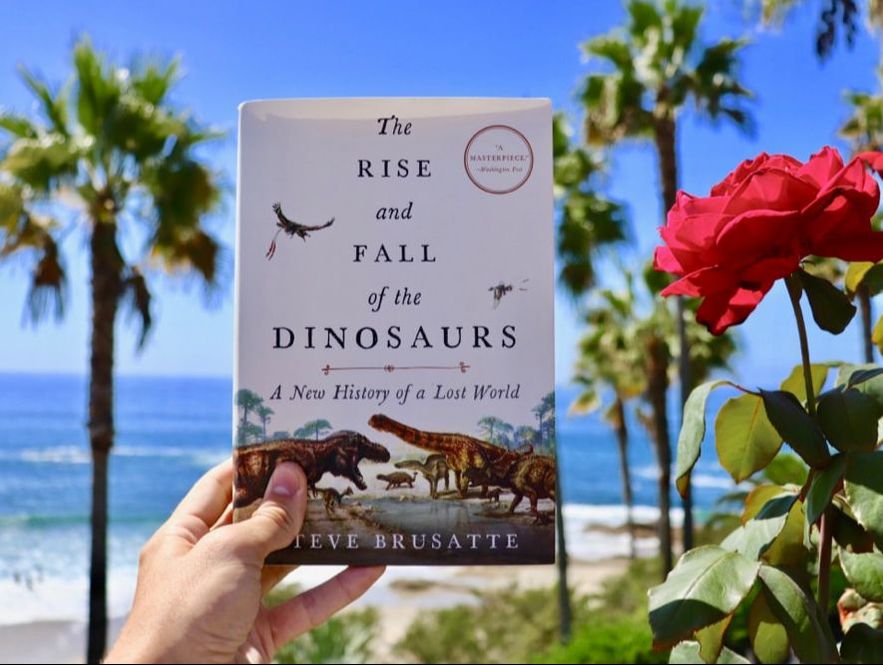In the climax of Star Wars, Episode II: Attack of the Clones, Anakin Skywalker, Obi-Wan Kenobi, and Senator Amidala find themselves trapped in the Circus of Horrors on the planet Geonosis. They're each chained to their own execution column facing down three monsters charging toward across the blood-red sand. Each one is as lethal as the next. The killings are seconds away and the arena, packed with thousands of spectating Geonosians, erupt in cheers. High up in a private balcony, Count Dooku looks on with malice, joined by Jango Fett, the most deadly bounty hunter in the universe, along with some other worm-like conspirators. These leaders are on the eve of launching a secret attack that will shatter the Galactic Republic, which has stood for a thousand years. In a purple flash, Mace Windu ignites his lightsaber beneath Jango's neck.
The Jedi Master has snuck into the arena to save his friends. He does, and kills Jango Fett easily, but Dooku and the other conspirators escape. It's this missed opportunity that haunts Mace Windu when Shatterpoint begins six months later. The Battle of Geonosis was a resounding victory for the Grand Clone Army of the Republic, but one that incurred too many Jedi casualties, and, Mace believes, one that he could have entirely prevented. If instead he had dropped a bomb to kill the Separatist leaders, his friends included, the entire galaxy would have been spared from civil war. Or, if he had infiltrated the arena box and instead twitched his lightsaber to kill not Jango, but Count Dooku, he would have prevented the future deaths of millions by giving his own. "The Jedi are keepers of the peace, not soldiers," Windu had said earlier in Episode II, but now, every Jedi is needed for the war effort—because of his errors.
The Jedi Master has snuck into the arena to save his friends. He does, and kills Jango Fett easily, but Dooku and the other conspirators escape. It's this missed opportunity that haunts Mace Windu when Shatterpoint begins six months later. The Battle of Geonosis was a resounding victory for the Grand Clone Army of the Republic, but one that incurred too many Jedi casualties, and, Mace believes, one that he could have entirely prevented. If instead he had dropped a bomb to kill the Separatist leaders, his friends included, the entire galaxy would have been spared from civil war. Or, if he had infiltrated the arena box and instead twitched his lightsaber to kill not Jango, but Count Dooku, he would have prevented the future deaths of millions by giving his own. "The Jedi are keepers of the peace, not soldiers," Windu had said earlier in Episode II, but now, every Jedi is needed for the war effort—because of his errors.
Windu's regrets extend to his former padawan, Depa Billaba, who has since been sent to the jungle planet Haruun Kal to help train and local tribes and lead them in a guerrilla war against the Separatists. Billaba seems to have completed her mission, but after the enemy withdraws from the system she has mysteriously not returned to Coruscant. Worse, a hologram shows what appears to be a civilian massacre with corpses bearing the kill-wounds of a lightsaber. Master Yoda tasks Windu with ascertaining the truth, and if necessary, arrest Billaba and return her to be tried and sentenced for war crimes.
Windu's Heart-of-Darkness-like journey into the mountains and jungles of Haruun Kal is a dramatic tale that single-handedly expands George Lucas' universe greater than any other Star Wars fiction I've come across. The deep, psychological maturity that Stover uses to characterizes Windu, his allies, his enemies, and the majestic yet deadly planet of Haruun Kal is spellbinding. And the philosophy and moral code of the Jedi is explored and dramatized powerfully by the events, bolstering the prequels' one-line aphorisms. I first picked up Shatterpoint when I was thirteen or so, just after Episode II was released, and (re)reading it again this month had me feeling like a kid again. The Force is strong with this one. [JG]
Windu's Heart-of-Darkness-like journey into the mountains and jungles of Haruun Kal is a dramatic tale that single-handedly expands George Lucas' universe greater than any other Star Wars fiction I've come across. The deep, psychological maturity that Stover uses to characterizes Windu, his allies, his enemies, and the majestic yet deadly planet of Haruun Kal is spellbinding. And the philosophy and moral code of the Jedi is explored and dramatized powerfully by the events, bolstering the prequels' one-line aphorisms. I first picked up Shatterpoint when I was thirteen or so, just after Episode II was released, and (re)reading it again this month had me feeling like a kid again. The Force is strong with this one. [JG]
WHO IS MATTHEW STOVER?
| Matthew Stover is the New York Times bestselling author of Traitor (Star Wars: The New Jedi Order) and Star Wars: Episode III Revenge of the Sith. Revenge was also excellent, adding a detailed mental and emotional landscape to Anakin Skywalker that was, in my opinion, missing from the prequel movies. Stover also is the author of four non-Star Wars novels: The Blade of Tyshalle, Heroes Die, Iron Dawn, and Jericho Moon. He lives in Chicago. |
| "In the Force, the world had turned to crystal. The purple flame of his blade splintered flaws throughout the planet. Stress fractures spidered from his blade to Vastor, to Nick, into the mountain behind, into the pass below, and to space above, racing in outrippling waves that joined him with what was, but also with what had been, and what would be." — Matthew Stover, Shatterpoint |
YOU MAY ALSO LIKE

